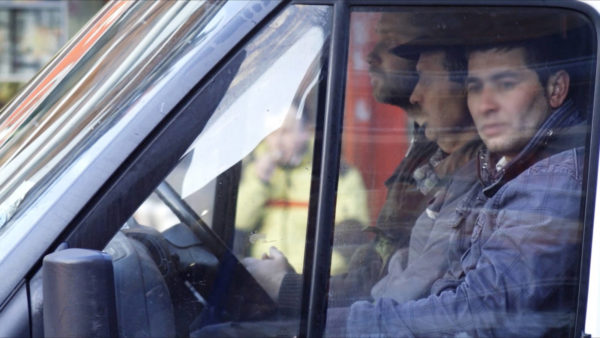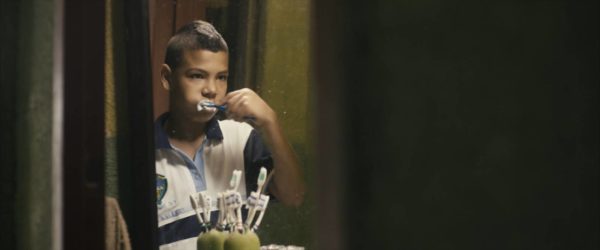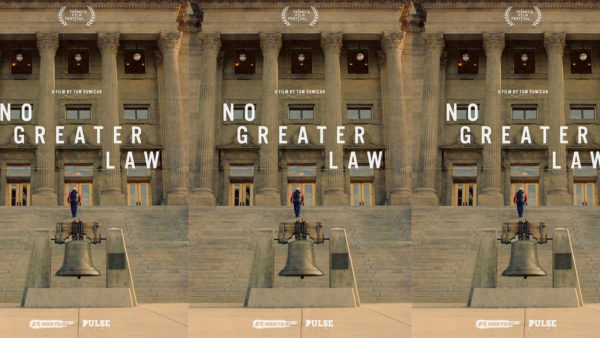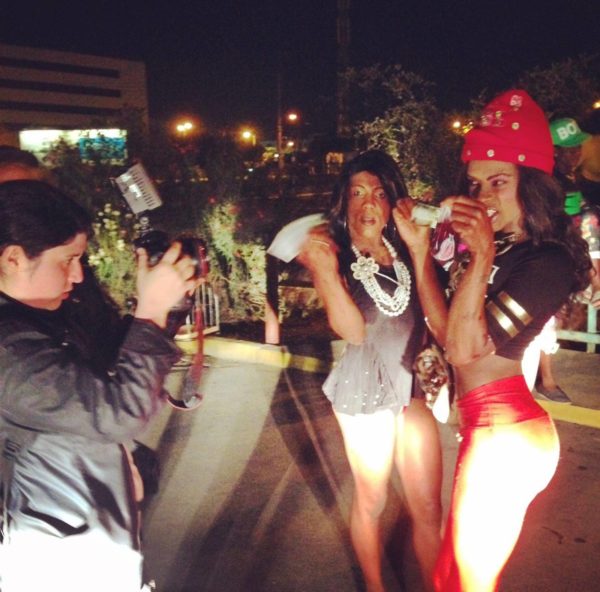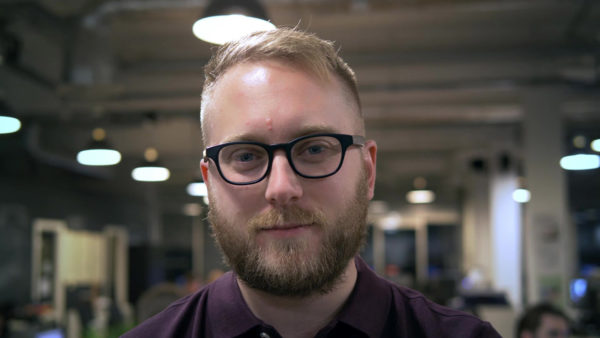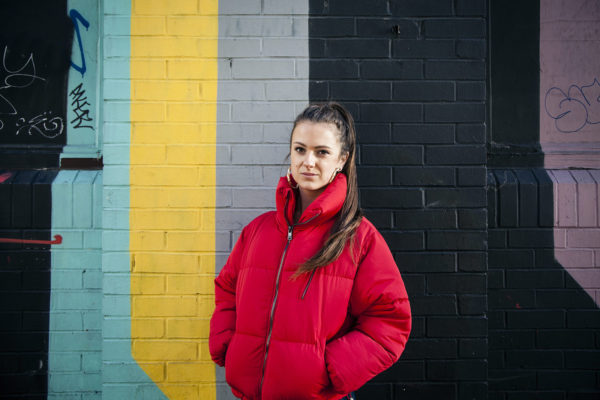This is a project that we undertook as a small team of students on a film course at the UAL in 2015. The Road - A short documentary investigating the black market labour trade that exists in Cricklewood, London.
In 2015 I began researching this subject and came across an article online that demonstrated a serious concern for the lack of well being of the individuals that are subject to working in this black market labour trade. Through further research and conversations we discovered a few of the significant spots in London including Cricklewood, Tottenham and Hammersmith.
The justification is the demand for cheap labour in the construction industry, accompanied by a demand for employment by migrants who either can’t work legally or don't have sufficient English language skills. This dualism maintains the continuation of this situation. To our knowledge, the authorities have a lack of interest in investigating these places, the people searching for work and those who come to hire.

The issues occur because the work is sporadic and potentially dangerous, they are perpetually uncertain about what kind of person will pick them up that day or where they will be taken. Sometimes work can be flourishing for days and then nothing for weeks at a time. The whole image for these people living here without the possibility to work legally extends into their everyday being. They share large houses and are often mislead and maltreated by landlords due to their vulnerable position. That is if they are lucky enough to find a house to live in, others spend their nights homeless.
We were interested in the history of these roads, and how they reflect the transience of migrant cultures coming into London over the last few decades. We began to understand through speaking to people in Cricklewood that it was first the Irish, then Polish, Romanian and now Syrian. As the surge of humanitarian crisis continues to worsen across the world, some of those displaced who make it to the UK come to seek refuge, they may find themselves on these roads. Therefore the road is a microcosm of a greater picture.
I spent time at a charity in Cricklewood to try to get under the skin of what was going on in the area.
In the early stages of research I spent time at a charity in Cricklewood to try to get under the skin of what was going on in the area. Our 5am failed attempts to speak with these men were disheartening and we were concerned not to upset them. Some of the people at the road, I had previously seen at the charity who came to seek help in finding a place to sleep and advice in obtaining a national insurance number. So by understanding what went on in the charity and other cultural centres in the area, we were able to understand the headspace and issues that these people were facing.

We walked around and spoke with the locals who included people mainly from Ireland and Pakistan. Cricklewood is full of fascinating places, such as the Brent Mosque and Islamic centre, St Gabriel’s Christian Church and the True Buddha Temple. We figured that many of these religious organisations in some way contributed to the welfare of those from the road, by organising weekend lunches and offering a place to come to.
Over a few weeks of going to Cricklewood, the men soon realised that we were not there to expose them and they began to chat and communicate with us. They were always together in groups, therefore it had been difficult to penetrate the barrier that a group mentality can hold. Furthermore we were led to believe that these men were not alone but were part of a larger organisation. Led by specific individuals also on the road, who held a power over them and dictated their daily actions. This again made our work incredibly difficult, the men were never alone, one man in particular was always there to listen to their conversation with us. Regardless over time with several individuals who were unaccompanied we gained more of their trust and started to discuss with us things they wanted to say, and we started to confirm that they were mainly Eastern European’s, the majority from Romania. It was very straightforward as to why they were here: the disparity in income from where they are from, compared to what they can potentially earn here, is enough for them to justify leaving their families behind and living roughly in the UK in order to send the money back home.
It had been difficult to penetrate the barrier to outsiders that a group mentality can foster.
It was a very interesting project to do, however in retrospect we would have immediately approached the subject via the prism of the charity or other institutions, opposed to going directly to the road alone as we did. We involved a fellow student and Romanian translator later in the filmmaking process when it came to interviewing, but we would have preferred to have had the luxury of having a translator throughout the whole process. A Romanian translator not only adds a communication in language, but with cultural understanding comes a greater level of trust.

Both of these approaches created a large gap between us as the team and the subjects. Therefore this stilted the development process; it was not fluid and lacked in natural progression. During this time of trial you both realise new narrative elements, yet you can also lose imperative ideas that you had began the research process with.
It was an important experience working with contributors who didn't want to be identified or initially discuss their position.
We believe the strongest film would have been a single character-led portrait through all the different components of their life here: An empathic journey through the day and nights of an individual working in the black market labour trade. It is their story, not the story of the people who live in the area. Perhaps through a single character we would encounter other characters within their community, who weave into their life along the way adding new viewpoints . The inner conflicts of the subject’s mind, balancing the poignancy of living away from their families, yet battling with the long term benefits of perhaps a better life. Phone conversations with family members that delve deeper into the emotional responsibility of the character. Reflections on the days that go by on the road, and the work that they find. For these reasons we have kept the film within our offline portfolio. It was an important experience working with contributors who didn't want to be identified or initially discuss their position, for the fear of the consequences of their corporation.
Continue Module
10 Questions:
Conflict Reporter
VICE’s Henry Langston on what it takes to be a conflict reporter at VICE.
From the Brink:
Venezuela Rising
Alex Miller tells us what happened when he flew to Venezuela to cover the 2014 protests.
Show me the Money:
Daisy-May Hudson
The do’s and don’t’s of pitching at Sheffield Documentary Festival.

















